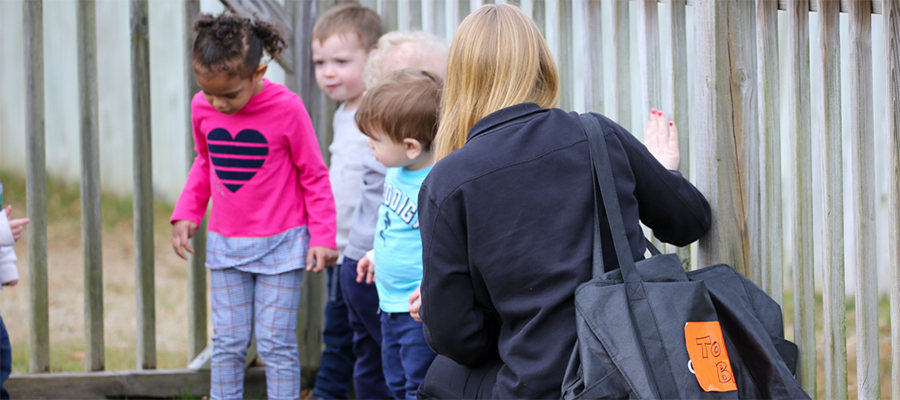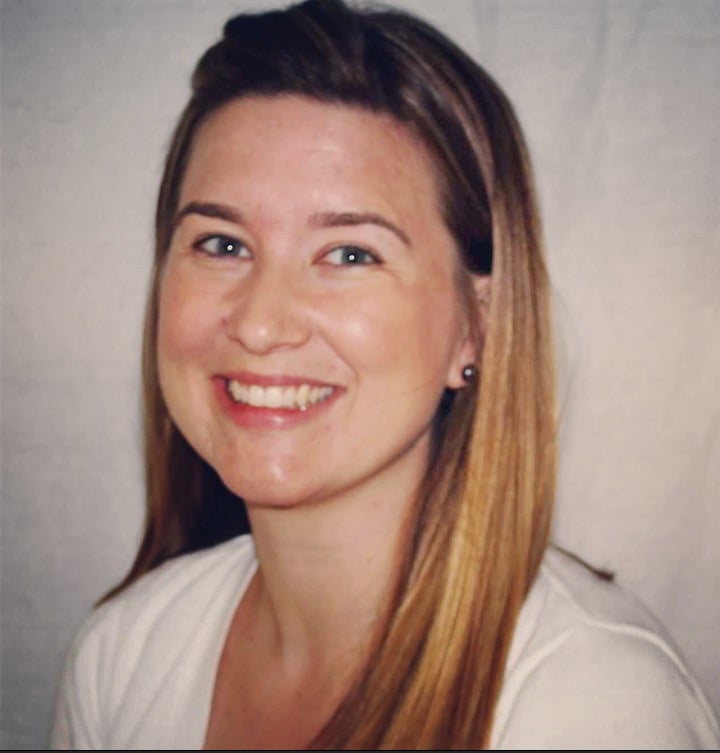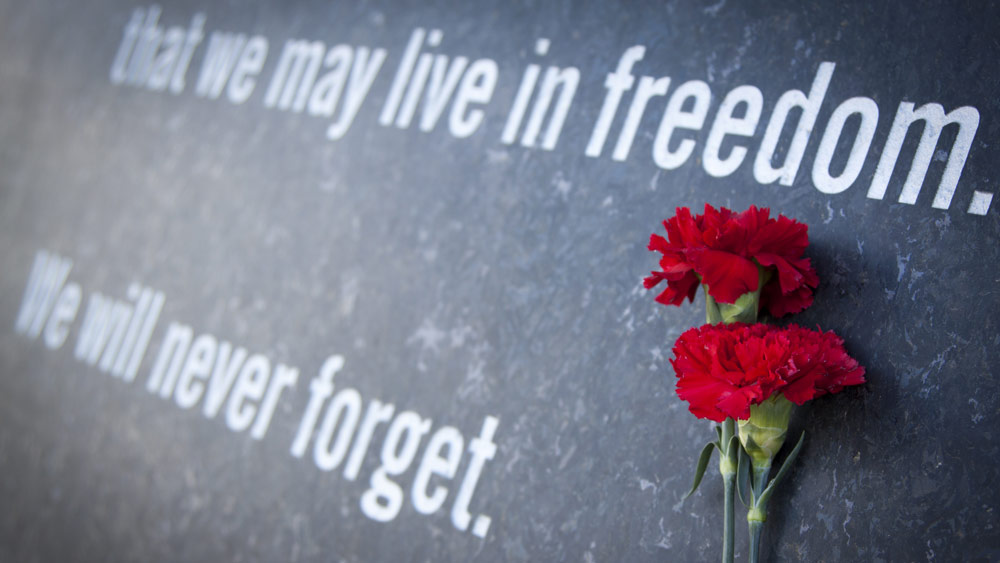
It’s September! And as you may know, each September is recognized as National Preparedness Month. Preparedness Month promotes family and community disaster planning now, during the month, and throughout the year.
The 2020 National Preparedness Month theme is: "Disasters Don’t Wait. Make Your Plan Today." And for each week in September, Ready.gov offers additional details and ideas surrounding the theme of emergency planning.
Week 1 September 1-5: Make A Plan
First and foremost, you need an emergency plan! If you’ve already got an emergency plan, is it up-to-date? Planning for emergencies is essential, as an emergency event can happen to anyone at anytime. Make sure your emergency plan covers any of the hazards that you may encounter. If you already have a written emergency plan in place, now is a good time to review it to make sure it is up-to-date. If you did not already include pandemics in your plan, this is a good time to add it.
Week 2 September 6-12: Build A Kit
Do have an emergency supply kit? Is it stocked and updated, ready to go at a moment’s notice? For some ideas on what to include, you can download Child Care Aware of America’s Emergency Supply Kit to ensure you are ready. Remember: because of COVID-19, your kits may look a bit different now, as they will need to include masks and additional personal hygiene supplies. If your emergency supply kit is already stocked, be sure to identify a schedule to make sure the materials are still good. For example, is the food expired? Are the batteries still working? You should also determine who will be responsible for maintaining the emergency supply kit.
Week 3 September 13-19: Prepare for Disasters
Now is the time to prepare and plan for the types of emergency events you may encounter in your area. By thinking through this now, you can lessen some of the impacts. How can you make your home more resilient and lessen the impacts of an emergency? Do you need to cut back trees and shrubs that are too close to your house? What about your homeowner or renters insurance – is it up to date? Lastly, are you subscribed to your city or county’s emergency alerts? Now is a great time to take these proactive steps and ensure you are better-prepared for disasters.
Week 4 September 20-26: Teach Youth About Preparedness
Are your children included in your preparedness drills? Are they familiar with your emergency plan and what to do if you need to evacuate or shelter in place? Take the time now to ensure children and youth are familiar with emergency plans and take part in your preparedness activities. Think about age-appropriate ways to reinforce these concepts. It is also good to involve parents in the discussions and be sure they know what the plan is as well!
For more information about National Preparedness Month, including videos and graphics to use all month long, visit ready.gov/September. Additionally, Child Care Aware of America’s Emergency Preparedness, Response, and Recovery team has resources, tips, and tools for parents, child care providers, and children, available here: www.childcareprepare.org.





